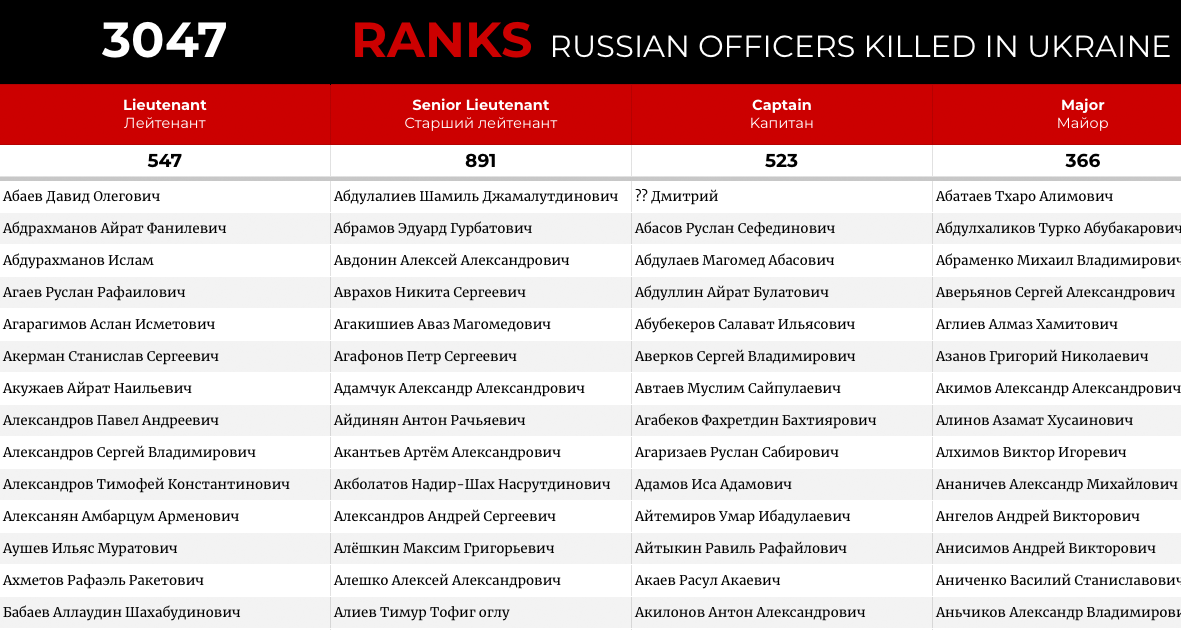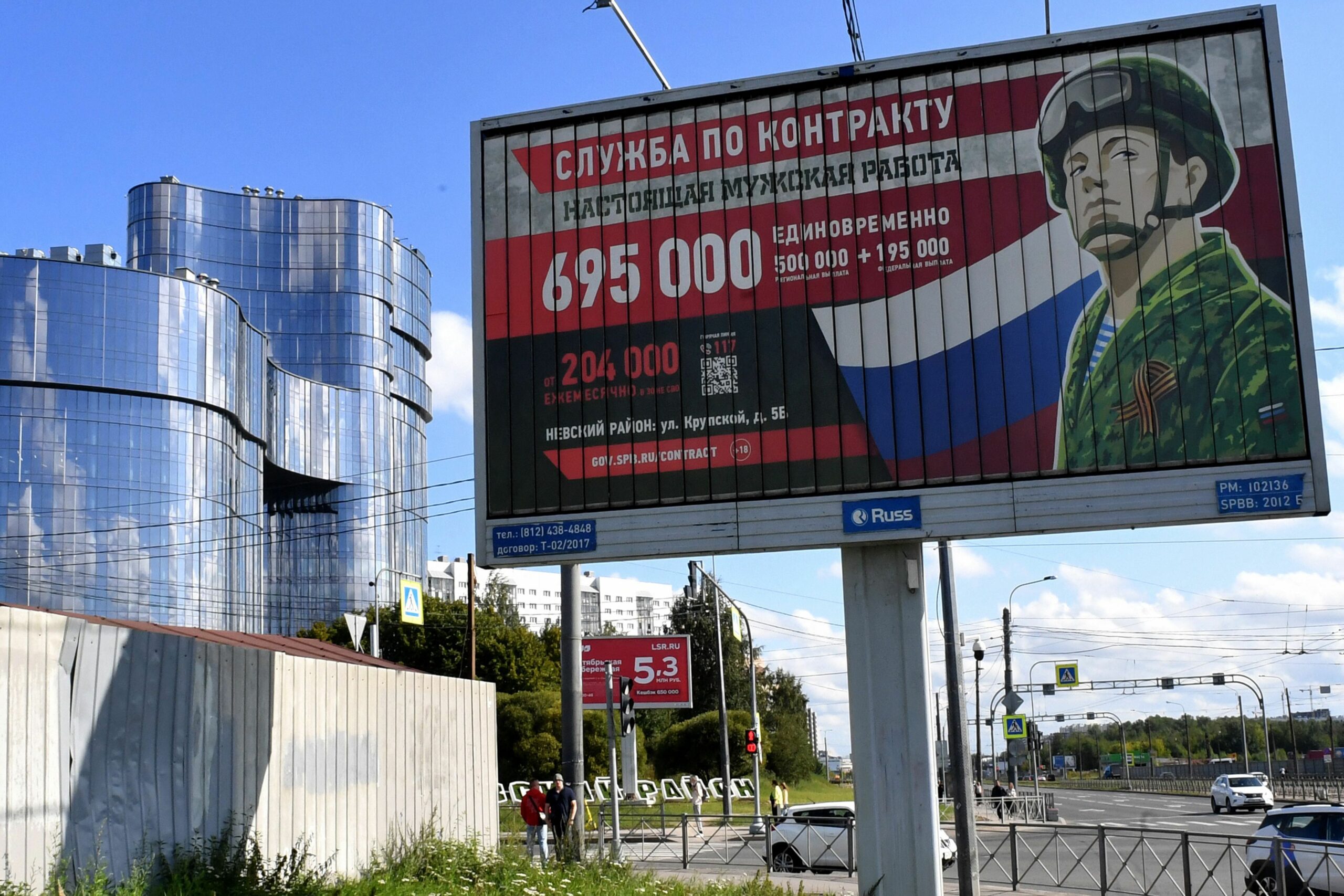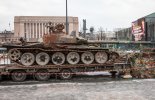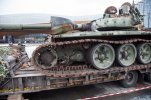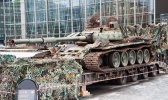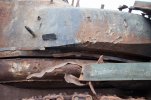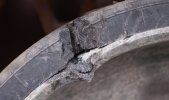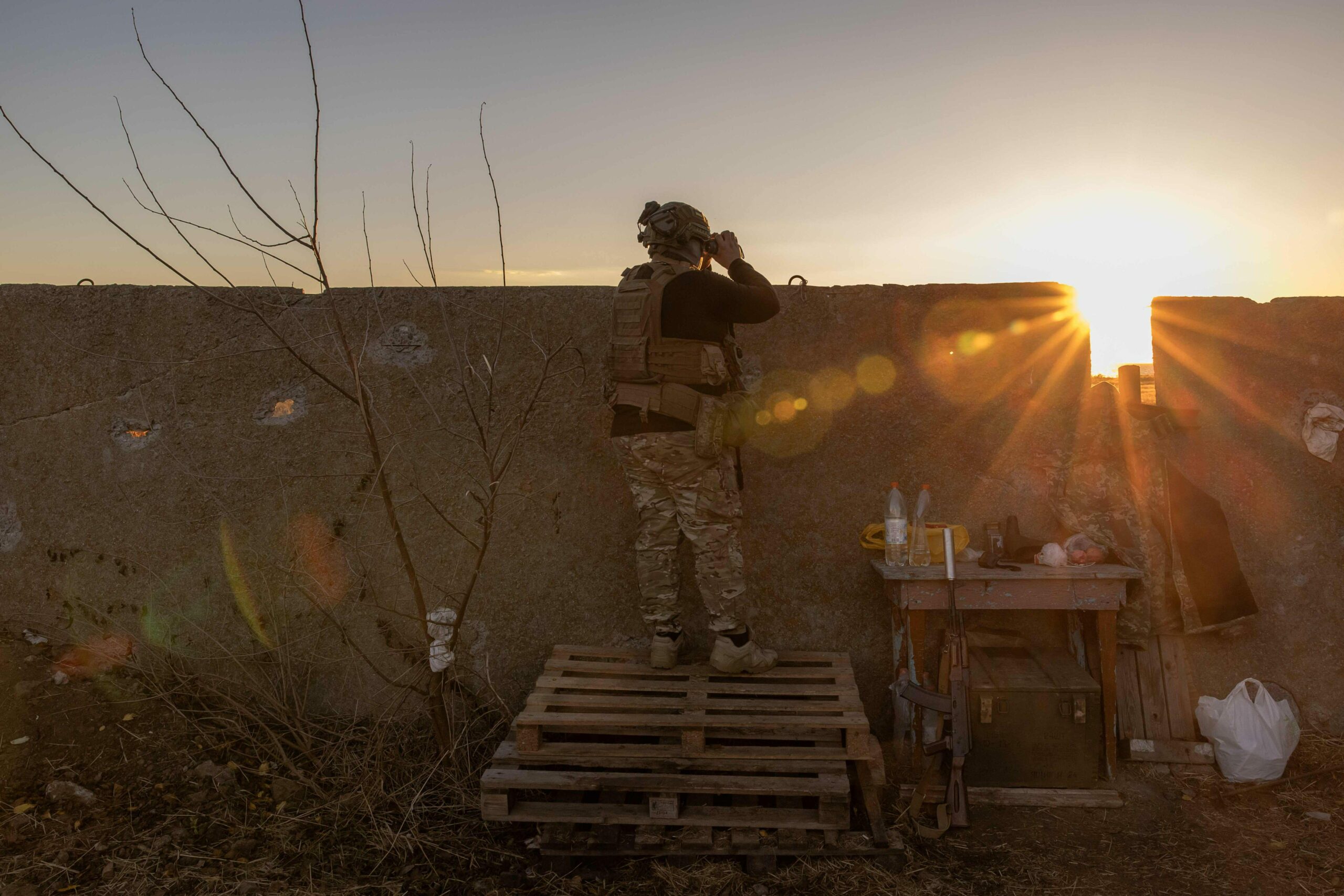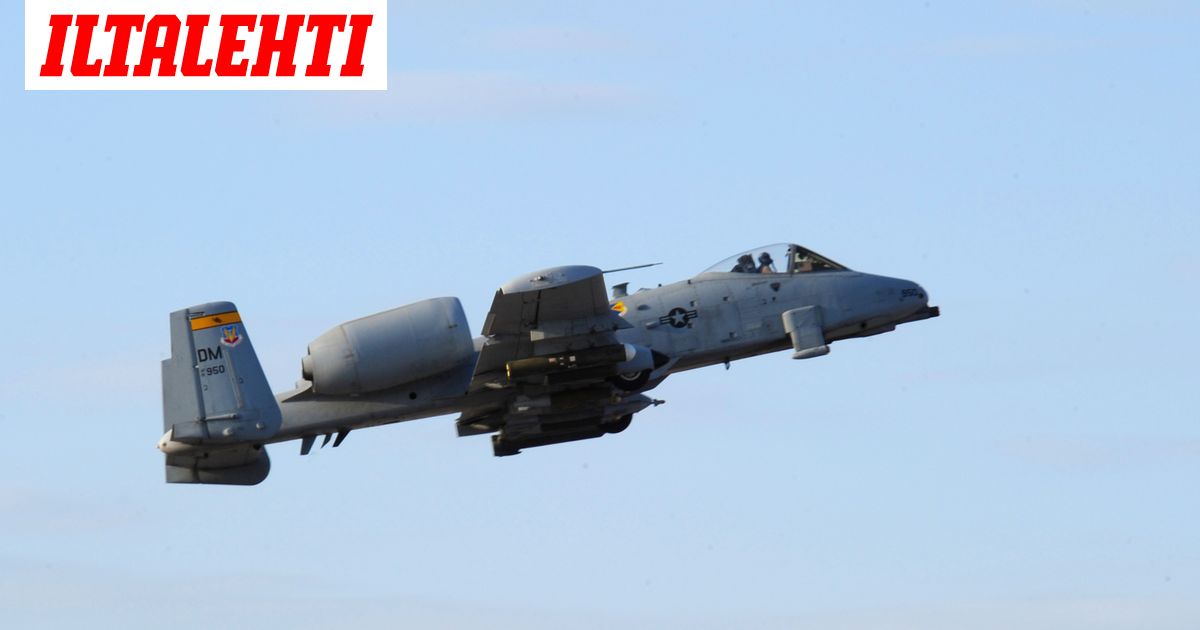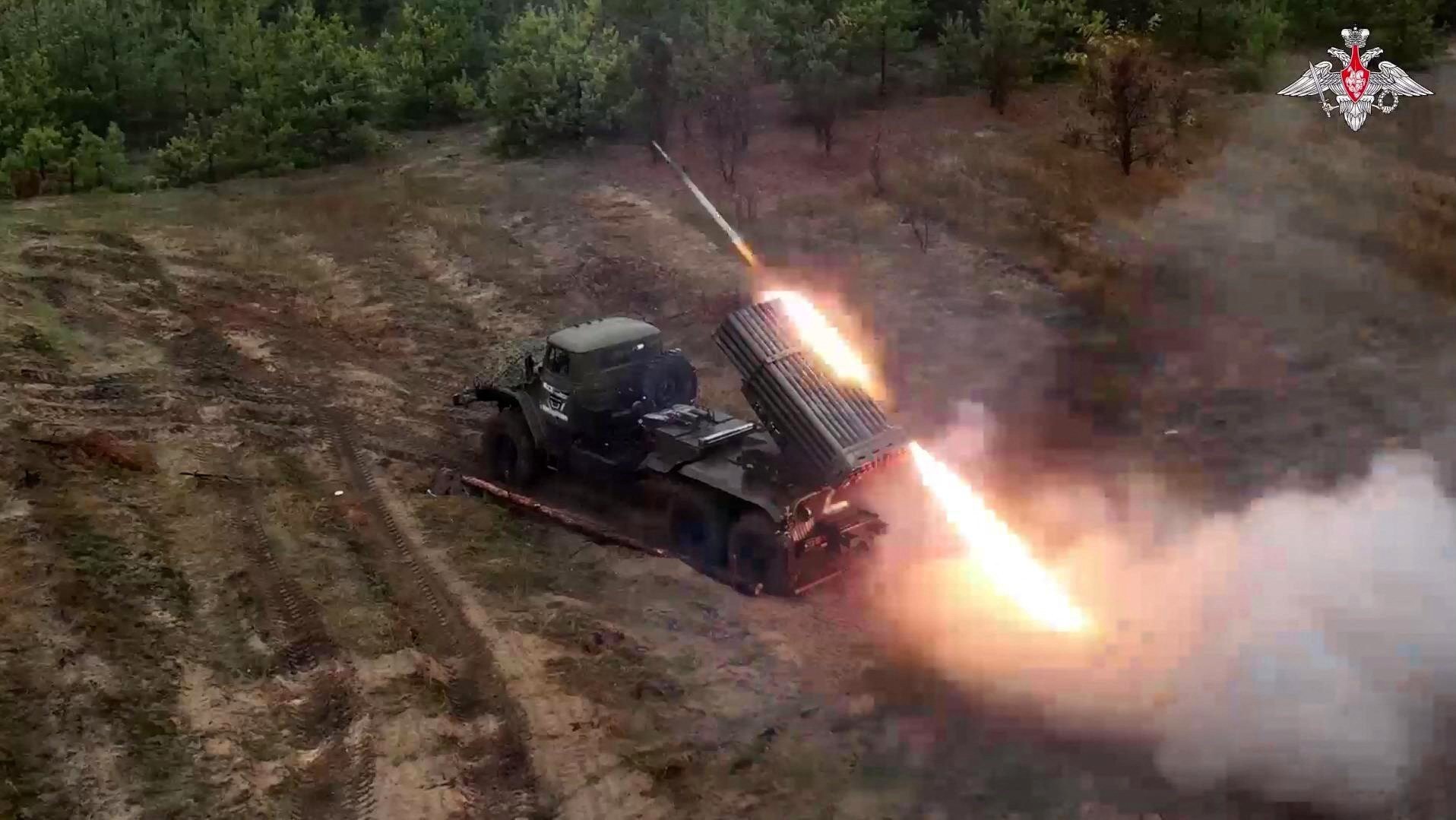Day 634: Nov 19
Today, there are a lot of updates from the Avdiivka direction.
Here, Russian forces continue pushing along three axes of attack. Even though most of the developments have been happening in the northern part of the region, this does not mean that the southern part of the region has been quiet. Actually, in some ways, the southern part of the region had even tougher battles.
The tactics of Ukrainian and Russian forces in the south turned out to be completely different from what we saw in the north. After Russian forces established control over Terrikon, Ukrainian fighters reported that Russians started to use infantry as their main force, not tanks, as we saw in the first days of the offensive operation. The reason why Russians started to refrain from using heavy equipment is twofold.
First of all, Russians cannot really accumulate heavy equipment close to the front, which is why Russian tanks and armored fighting vehicles had to travel more than 10 kilometers to get to the contact line. In most cases, this was enough for Ukrainian drone operators to detect and open fire at the approaching enemy units. At some point, Ukrainian fighters reported that more than half of the tanks and armored fighting vehicles were damaged and destroyed before they reached the predetermined destination. So, the limits imposed by the logistics and Ukrainian artillery and drone strikes pushed Russians to limit their use of heavy equipment.
Secondly, after the contact line moved towards the railways, Terrikon, and the water reservoirs, using tanks and armored vehicles became complicated due to the local geography. Right now, according to Ukrainian reconnaissance teams, Russians only use armored personnel carriers to get the infantry to Krasnohorivka, and once the village is reached, Russian soldiers go to the contact line on foot.
The situation in the southern part of the region is completely different, and not even one attack is conducted without the support of heavy armor. Even though Russians basically have only one road for the deployment of forces, this road goes straight to Donetsk, so the Russian logistics here is fine. Apart from narrow bridges, from which Russians sometimes fall, there are no geographical obstacles either – just open fields. Unfortunately for Russians, open fields expose their assault units to Ukrainian drone operators.
Today, Ukrainian fighters from the fifty-third mechanized brigade released a video showing how a column consisting of at least 8 Russian tanks and armored fighting vehicles gets detected well in advance and suffers from precise fire, barely passing the village of Vodiane. As you can see, there is already a huge graveyard of Russian equipment in front of the settlement. This column turned out to be less lucky than usual because they got destroyed, never even reaching it.
But the biggest obstacle for Russian forces is Ukrainian minefields. Even when some enemy forces pass the death zone by leveraging the morning fog, getting to the second tree line proved to be virtually impossible. Moreover, Ukrainians understand that the only thing that can undermine their defense in this region is demining equipment, which is why it became a high-priority target. Footage released by Ukrainian fighters showed that multiple pieces of Russian demining equipment were destroyed in HIMARS strikes.
A captured Russian soldier said that due to the lack of UR-77, Russians resorted to using mine sweepers attached to the tanks. The soldier said that he warned his commanders that, given the weather conditions, the tank would not be able to cross the field and that they were dooming the whole assault unit. However, they were sent anyway, the tank got stuck in the mud, the whole assault unit was forced to stop in the middle of the field, and almost everyone from the column got killed.
Recently, Russians once again started using kamikaze vehicles. Russians put hundreds of kilograms of explosives and directed it toward Ukrainian firing positions on the other side of the field. The tactic is quite dubious, as the vehicles have almost zero chance of getting across. And even though the explosion demines a section of the fields, Russian sources reported that Ukrainians mine them again by using RAAM shells for distant mining.
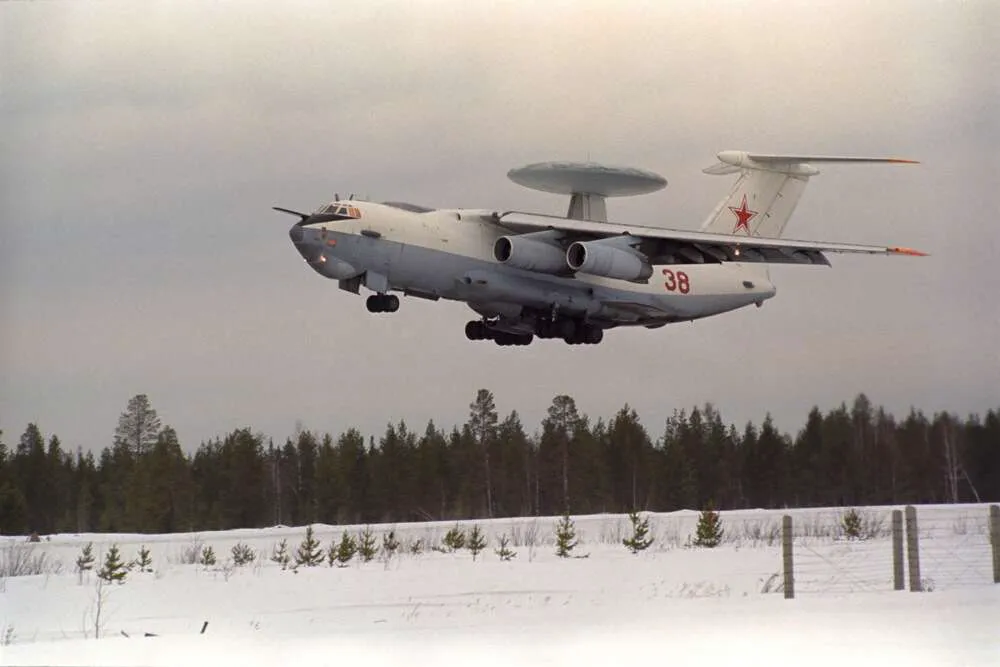
 www.tekniikkatalous.fi
www.tekniikkatalous.fi

